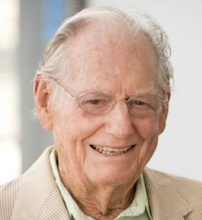A Quote by Henry David Thoreau
The language of friendship is not words but meanings.
Quote Topics
Related Quotes
Space and force pervade language. Many cognitive scientists (including me) have concluded from their research on language that a handful of concepts about places, paths, motions, agency, and causation underlie the literal or figurative meanings of tens of thousands of words and constructions, not only in English but in every other language that has been studied.
Kids use words in ways that release hidden meanings, revel the history buried in sounds. They haven't forgotten that words can be more than signs, that words have magic, the power to be things, to point to themselves and materialize. With their back-formations, archaisms, their tendency to play the music in words--rhythm, rhyme, alliteration, repetition--children peel the skin from language. Words become incantatory. Open Sesame. Abracadabra. Perhaps a child will remember the word and will bring the walls tumbling down.
What enriches language is its being handled and exploited by beautiful minds-not so much by making innovations as by expanding it through more vigorous and varied applications, by extending it and deploying it. It is not words that they contribute: what they do is enrich their words, deepen their meanings and tie down their usage; they teach it unaccustomed rhythms, prudently though and with ingenuity.
It has not been definitively proved that the language of words is the best possible language. And it seems that on the stage, which is above all a space to fill and a place where something happens, the language of words may have to give way before a language of signs whose objective aspect is the one that has the most immediate impact upon us.



































